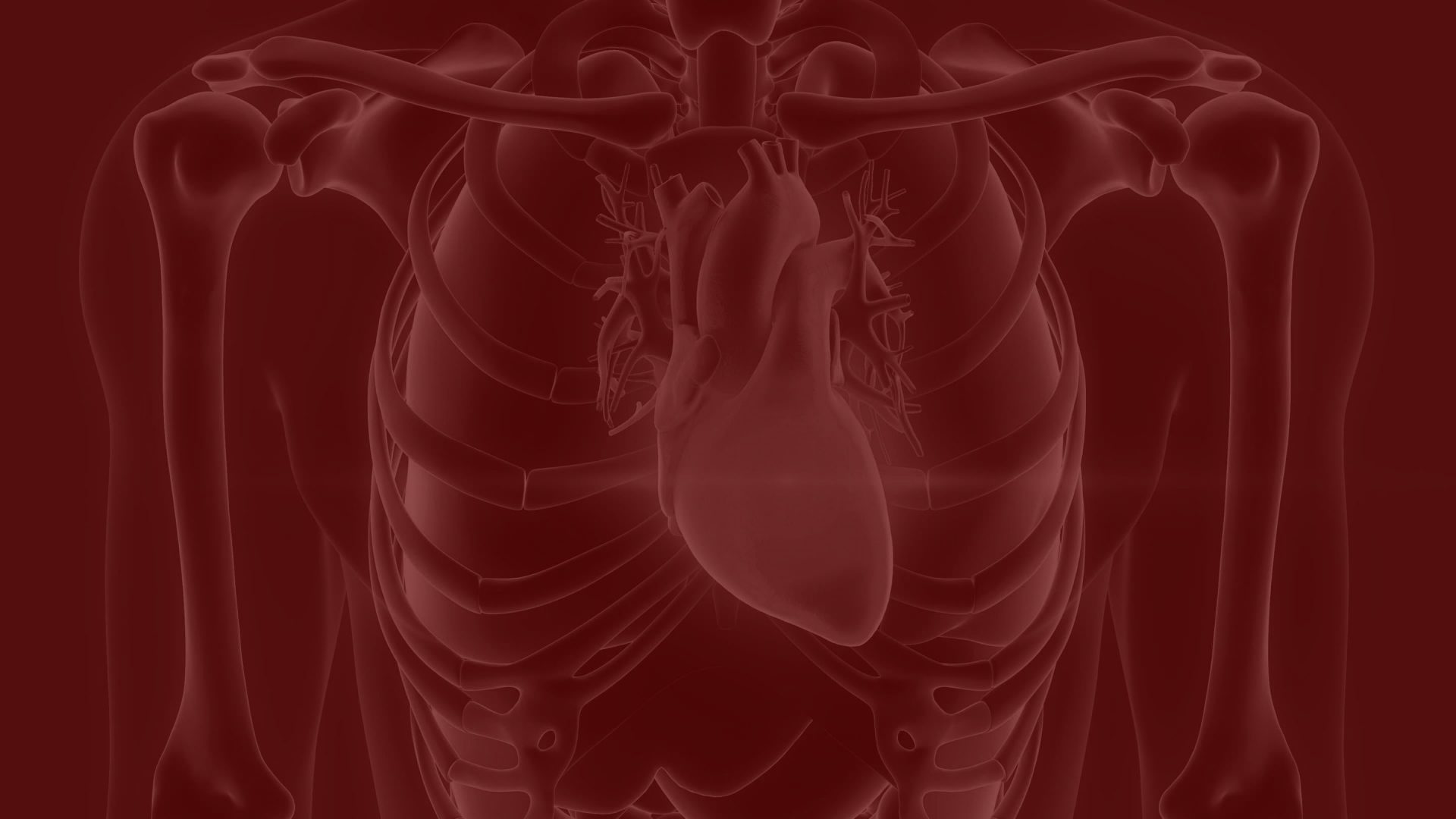Atrial fibrillation is an abnormal condition affecting the cardiac rhythm in which the upper chambers, the atria, lose their normal contractile regularity, and tend to quiver irregularly and ineffectively. An irregular, and often fast heartbeat is the result. These changes can result in serious consequences in many patients.
In 2013, it was estimated that 33.5 million people around the world were living with atrial fibrillation, and that figure continues to rise. In the US alone, the number of cases is supposedly expected to reach 12 million, by 2030.
This heart condition is, in reality not benign, and if left untreated, can lead to further problems such as heart failure or moving blood clots, known as emboli. A 2009 study discovered that only one third of atrial fibrillation sufferers considered their condition to be serious. Atrial fibrillation is, in fact serious, so consultation with a cardiologist is clearly advisable.
What Is Atrial Fibrillation?
In a normal heart, the pumping of blood is regulated by electrical signals that direct the atria (upper chambers of the heart) to contract, and to channel the blood into the main pumping chambers, the ventricles, which then distribute blood to the lungs on the right side, and the whole body, on the left.
In patients with atrial fibrillation, the normal electric signals are rapid and irregular, causing the atrial contraction to be ineffectual. The ventricular pumping is frequently too rapid and is always irregular.
How Does it Affect the Body?
Atrial fibrillation can increase the possibility of stroke, as poorly contracting upper chambers may pool blood in their appendices and stagnate flow. This can lead to small clots that may break off into the bloodstream and travel to critical areas like the brain. Prolonged periods of irregular and fast heartbeat can lead to congestive cardiac failure in some patients.
What Causes Atrial Fibrillation?
There are many factors that can make one more likely to develop atrial fibrillation. These include:
- High blood pressure
- Heart valve disease
- Atherosclerosis
- Congenital heart disease
- Pericarditis
- Cardiomyopathy
- Certain substance ingestion
There are also behavioural factors that can affect the possibility of developing atrial fibrillation. These include heavy drinking, obesity, ingestion of certain drugs, smoking, and excess caffeine.
Treatment of Atrial Fibrillation
The first step in treating atrial fibrillation is to discover its cause, which occasionally will help to eliminate recurrences. If there seems to be no underlying factor affecting the heart’s function, medicines can be used to control it, or convert it to normal, thus reducing the risk of stroke or heart failure. Cardioversion – an electric shock treatment under mild sedation, may also be used. In addition to medications and cardioversion, electrophysiologists (cardiologists who specialize in rhythm disturbances) may perform an electrical ablation, scarring and eliminating the areas of the atria believed to generate the abnormal rhythm.
Understanding Atrial Fibrillation
By raising awareness of atrial fibrillation, we can help prevent the number of reported cases from rising, and get help to those who suffer from it early on, so that its complications may be minimized or prevented.

